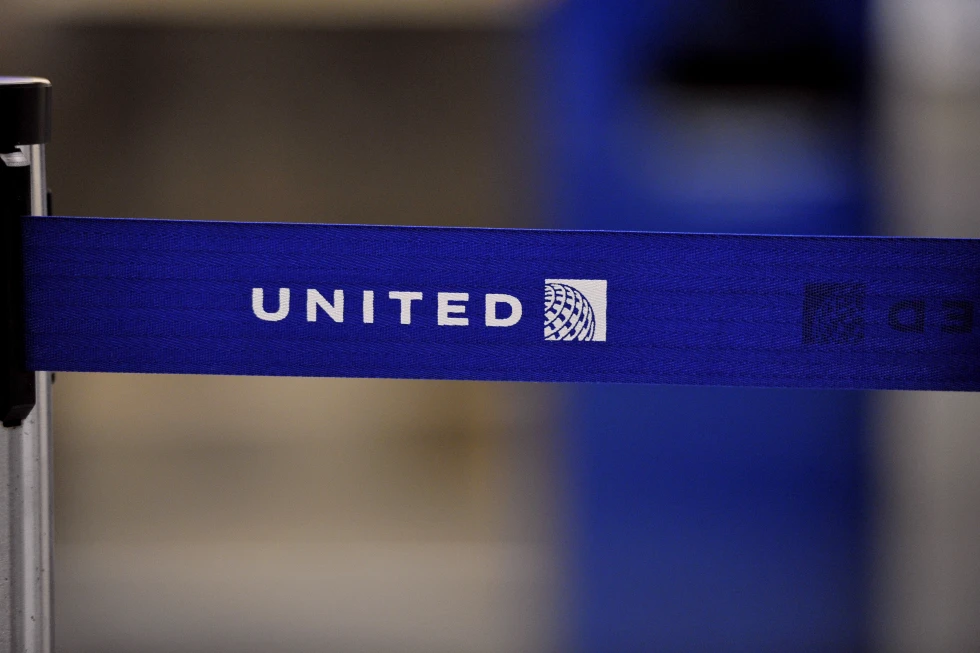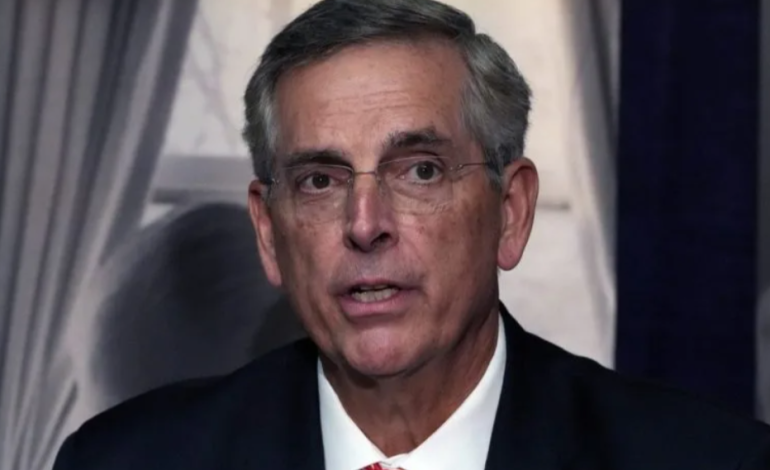Georgia Secretary of State Brad Raffensperger, a Republican, cautioned that persistent claims about voting integrity from members of his own party could undermine GOP turnout in the upcoming election, the Hill reports.
Speaking in an interview on NewsNation’s The Hill Sunday, Raffensperger expressed concern over the negative impact that these baseless claims may have, particularly on conservative voters.
The discussion came after Rep. Marjorie Taylor Greene, a fellow Georgia Republican, shared a claim about a Northern Georgia voter’s ballot being altered by a Dominion Voting Systems machine. Raffensperger firmly rebutted this, highlighting that such stories have been repeatedly debunked. Raffensperger emphasized that spreading these falsehoods could discourage voters and lead to lower participation, something that would ultimately harm the GOP’s chances.
“If you start spreading stories like that, all you’re gonna do is hurt our turnout… I’m a conservative Republican, so I don’t know why they do that… it’s self-defeating,” Raffensperger said.
Raffensperger’s comments come at a time when former President Donald Trump’s 2020 election denial has resurfaced in national discourse. Trump previously called Raffensperger after the 2020 election, asking him to find enough votes to overturn President Joe Biden’s victory in Georgia—a state that has become a key battleground in the 2024 race.
Despite the ongoing rhetoric, Trump holds a narrow lead over Vice President Kamala Harris in the race for the White House in Georgia, according to a polling average from The Hill/Decision Desk HQ. The margin currently stands at 1.6%.
Raffensperger also pointed to the high ratings Georgia has received from the conservative Heritage Foundation on election integrity, reinforcing his belief that the state is upholding fair voting practices.
Ultimately, Raffensperger’s message was clear: spreading unverified claims about voter fraud not only undermines trust in the election system but could also have serious consequences for GOP turnout in a critical election year.









